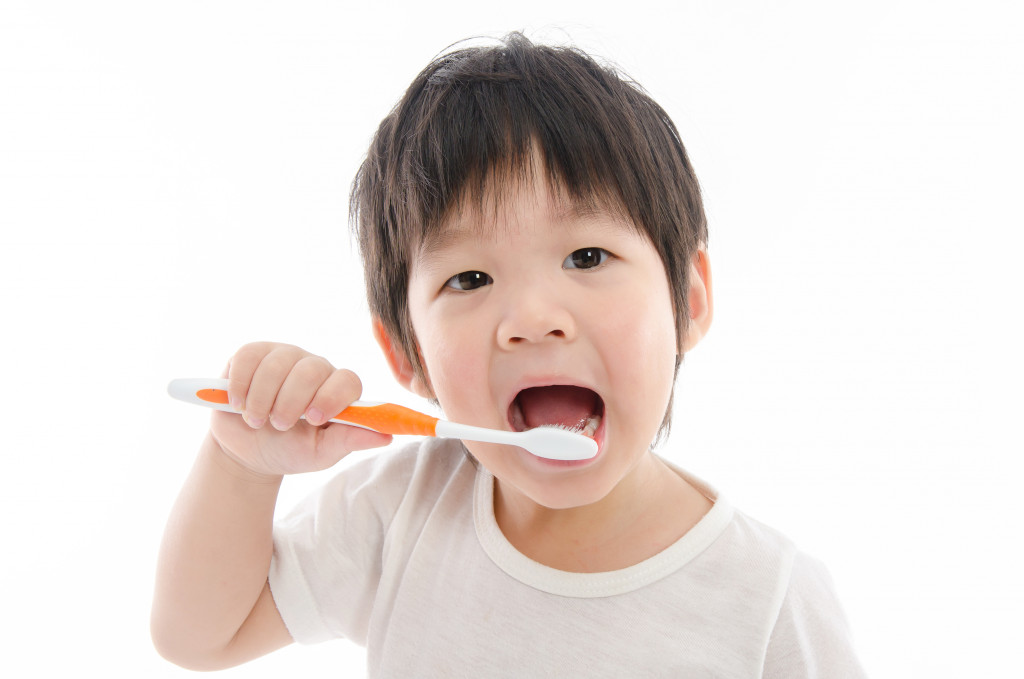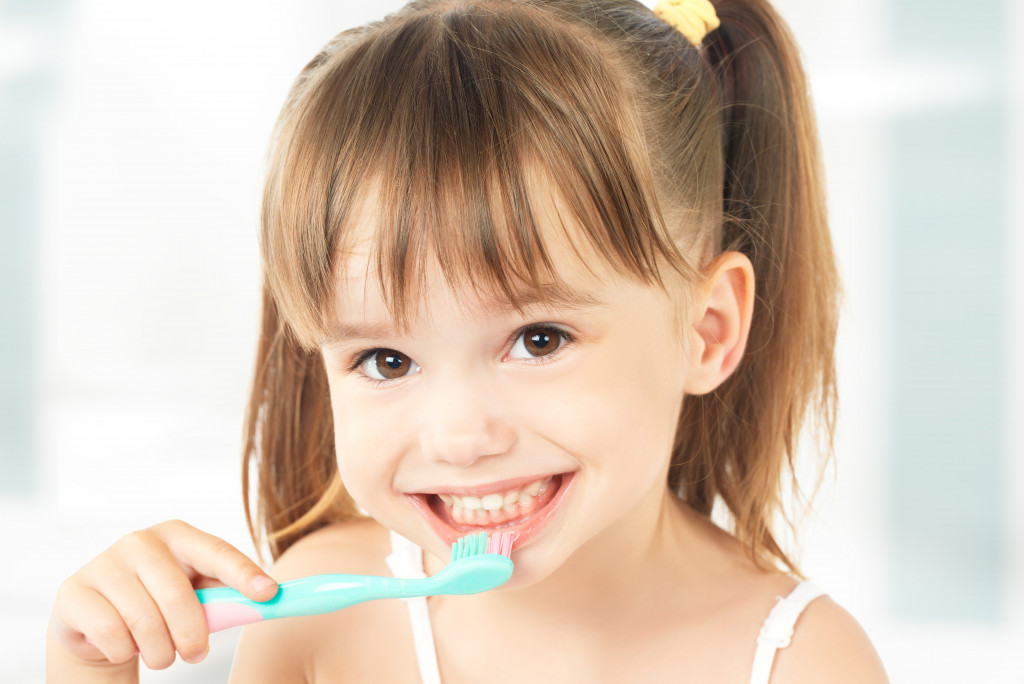Dental health is one of the aspects of our health that is most neglected in America. A study by the United States Centers for Disease Control and Prevention (CDC) found that 26 percent of adults in the U.S. have neglected or untreated tooth decay, while 46 percent of adults over the age of 30 have symptoms of gum disease. These numbers are nothing to scoff at and should inspire Americans of all ages to start caring for their teeth, gums, and oral health in general.
It’s never too early to teach your children the value of dental health. Here are some ways you can care for their teeth, and how you can teach them to do it for themselves:
Don’t lead with fear
When it comes to teaching our kids anything, it’s always the safer option not to use fear and intimidation to force them into submission. Don’t start with, “If you don’t brush your teeth, all your teeth will fall out one by one!” Doing so might cause your kid to have a negative view of their dental health in general. Instead of seeing dental care as a positive, empowering, and joyful thing, they might see it as something they have to do out of obligation. This is true to some extent, but doing something out of duty may not always be the best incentive for kids to start doing something in the long term.
Instead of leading with fear or punishment, make dental care a fun activity for the family. Let them choose their own toothbrush and toothpaste, letting them opt for their favorite colors and flavors. To ensure that they brush their teeth for at least three minutes, have a song playing in the background and encourage them to dance. Tell them the positive effects of brushing their teeth twice a day—benefits like having white and sparkling teeth for a long time, and having their teeth for the rest of their lives, which can help them live longer.
This strategy is called positive reinforcement, or not using negative things like shame, humiliation, and threats into teaching our kids to obey or produce the desired behavior.
Address dental concerns immediately
Teach your kids never to ignore when they feel like something is wrong with their teeth or gums. Encourage them to speak up if they are in pain, whichever part of their bodies (or even mind or spirit) the pain may be. This is also a teachable moment for another important aspect of their lives, which is their mental and emotional health. It will teach them never to deny or neglect their discomfort and pain—a useful life tool for when they become adults.
Take them to an emergency dentist’s office when they start feeling some pain or discomfort so that they know how serious it can be. When you teach them, through your actions and not just words, just how important dental health is, they will be more likely to take that value to heart. Teach through your words and your behavior.
Walk the talk
Speaking of teaching through behavior, kids need to learn through your example. You lose legs to stand on when you fail to do for yourself what you want them to learn. If you want them to brush their teeth twice a day, floss, and use mouthwash, you need to model for them what those practices look like. Here are some ways you can do it:
- As mentioned above, you can make it a family affair. Make it a habit that at least two members of the family do together every single time.
- Improve your physical hygiene in general. Don’t just limit your self-care to dental care; take your kids with you when you buy personal toiletries like shampoo, conditioner, soap, and other products. The thing with parents is that they often just buy the products that they believe will be healthy for their kids without teaching their children what every product does. We can’t just assume our kids will know; we need to teach them what every product is for, why you’re avoiding certain ingredients, and why specific products are healthier for them compared with others.
When you model what it looks like to have good personal hygiene, there’s a bigger chance your kids will emulate it.
Whether we like it or not, lifelong habits often begin in childhood. It’s never too early to teach your kids how to care for themselves, especially their teeth and gums. Start now and set them on to a path that they won’t regret one day.

